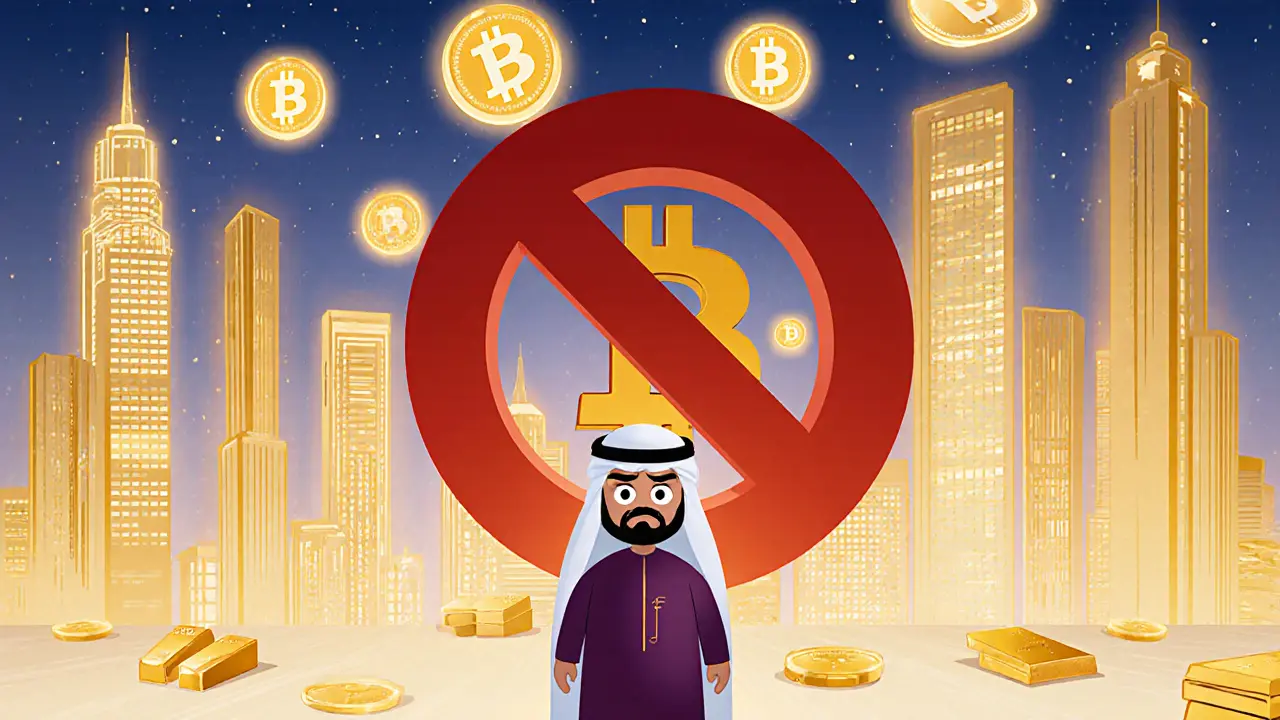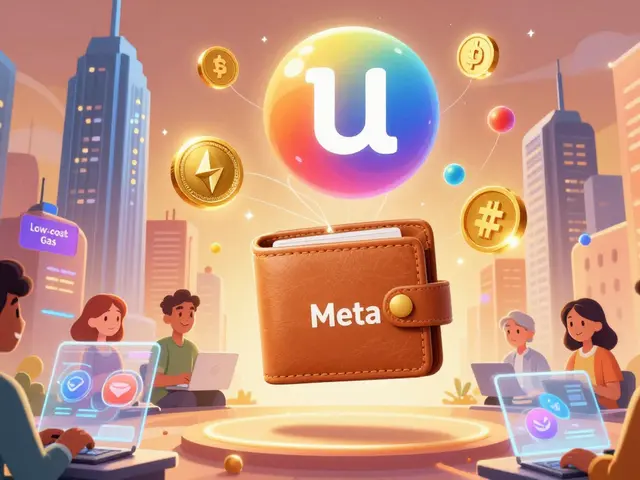Qatar bans Bitcoin and other cryptocurrencies but allows tokenized real estate and assets under strict regulations. Learn what’s legal, what’s not, and how to invest safely in 2025.
Qatar Crypto Ban: Why Crypto Is Restricted and What It Means for Users
When it comes to Qatar crypto ban, a strict government policy that prohibits all cryptocurrency transactions and exchanges. Also known as crypto prohibition in Qatar, it’s one of the most rigid stances in the Middle East, enforced by the Qatar Central Bank and the Financial Intelligence Unit. Unlike countries that regulate crypto, Qatar doesn’t just discourage it—it outright blocks access to exchanges, freezes accounts tied to crypto activity, and treats any crypto transaction as a violation of financial law.
This ban isn’t about technology. It’s about control. The government sees decentralized finance as a threat to its financial sovereignty, especially since Qatar’s economy runs on oil, gas, and state-backed banking. Any currency outside the Qatari Riyal, especially one that can’t be tracked or taxed, is viewed as risky. Even holding Bitcoin in a personal wallet can trigger scrutiny. The ban also extends to crypto-related services like mining, staking, and DeFi platforms. People who try to bypass it using VPNs or foreign exchanges risk fines, account closures, or worse.
What’s interesting is how this ban contrasts with other Gulf states. Saudi Arabia and the UAE have embraced crypto regulation, launching licensed exchanges and even exploring central bank digital currencies. Qatar, though, sticks to its original position: no crypto, no exceptions. That’s why locals who want exposure to digital assets turn to offshore brokers, family members abroad, or—more dangerously—peer-to-peer trades with cash. The result? A hidden market that thrives in the shadows, with no legal protection for users.
The ban also impacts remittances. Qatar hosts millions of expats who send money home. Many of them used crypto to avoid high fees from Western Union or MoneyGram—until the ban shut that door. Now, they’re forced into slow, expensive traditional channels, even though crypto could’ve saved them hundreds a year. Meanwhile, banks in Qatar continue to profit from those same fees, with no incentive to change.
There’s no official timeline for lifting the ban. No public debate. No pilot programs. Just silence. But that silence is loud enough to scare off investors, developers, and even curious users. If you live in Qatar or plan to move there, crypto isn’t just a bad investment—it’s a legal risk. The only safe move? Keep your crypto off the radar, and don’t talk about it.
Below, you’ll find real cases and analyses from people who’ve navigated this system—whether they tried to use crypto, got caught, or found ways around it. No hype. No fluff. Just what’s actually happening on the ground in Qatar.





